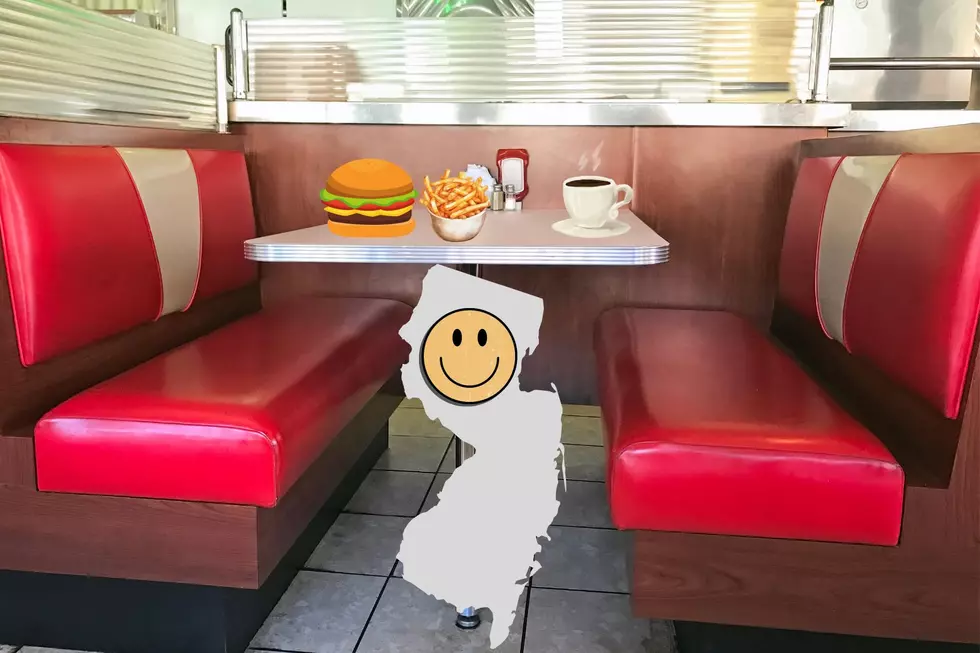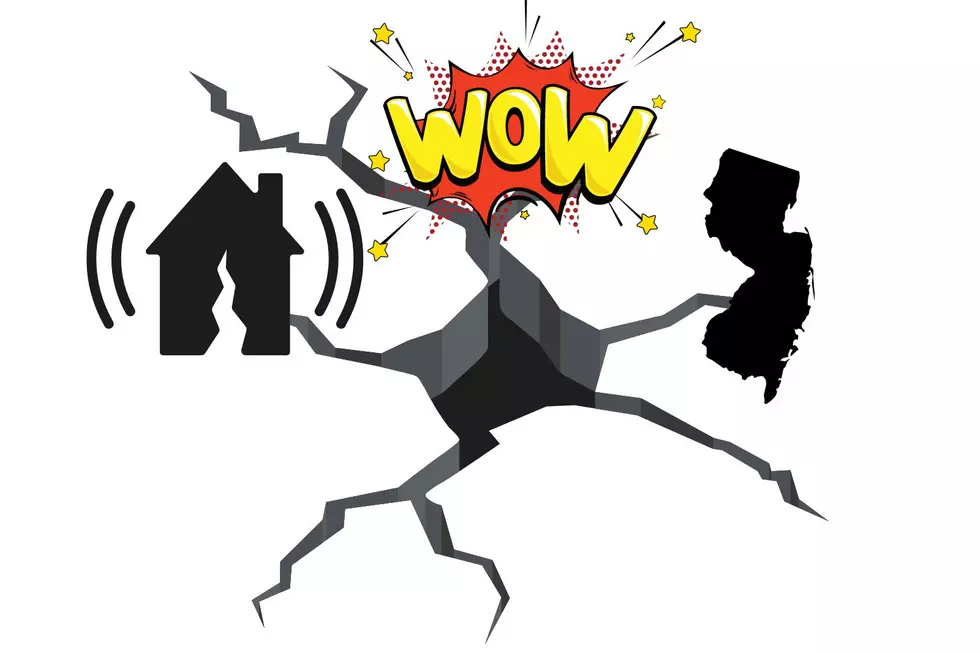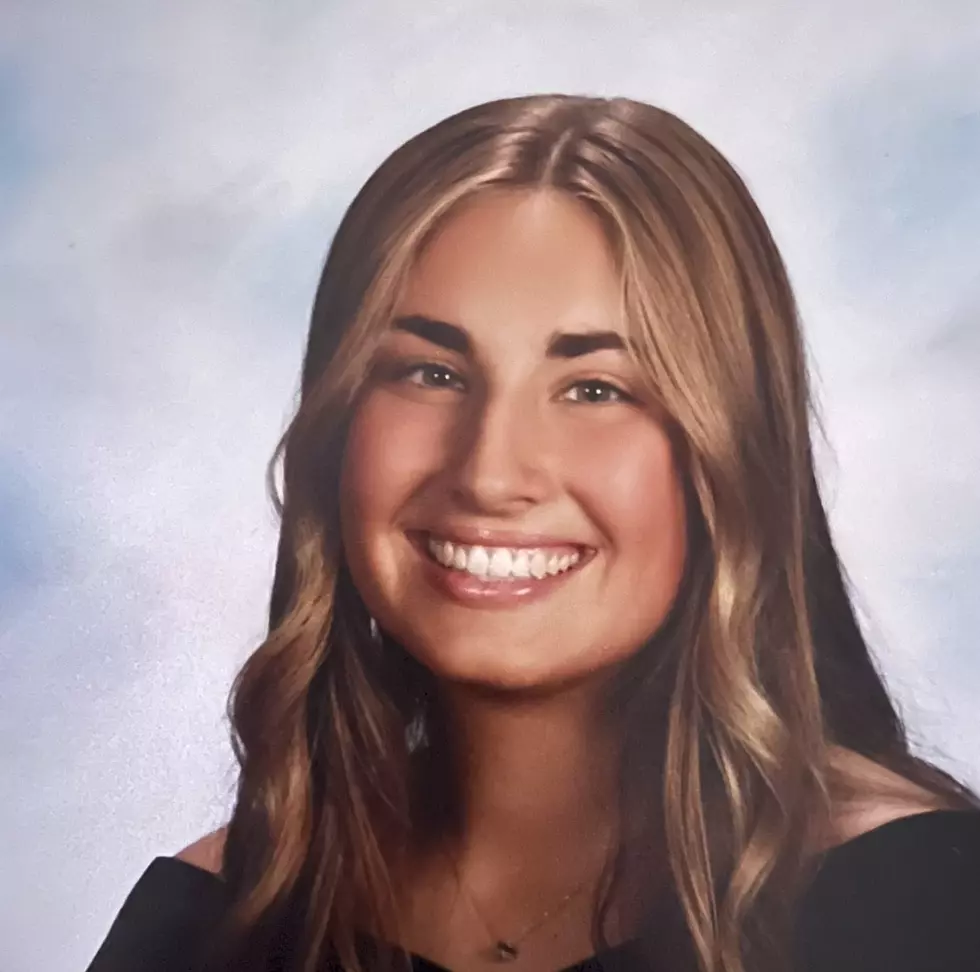
Suffering with the disease of drug addiction affects more than just the user
We've seen what the heroin and opiate epidemic has done to those abusing the drugs, but after seeing a family member lose her fight to the demons of addiction, one Toms River native and author is using her gift to show how the needle hurts more than just the user.
It was ten years ago in September, the 2004 Toms River East High School Graduate, Alicia Cook 30, lost someone very close, her cousin Jessica, the victim of a heroin overdose.
The most hopeful outcome of the experience is a documentary, that was screened at town hall in Toms River. The Emmy award winning series featured her story in the first episode of the new season this week.
They would do many things together, being just a couple months apart in age and having such a close relationship. Since then, Cook has used her talents as a writer to share the other side of the heroin user not often shared...how it affects family and friends.
It was Cook's gift as a writer which gave her inspiration to become a voice and help others, which she discusses in her book, "Stuff I've Been Feeling Lately".
"I figured if God dealt me this hand, but also gave me this talent to put into words what a lot of families cannot, that I shouldn't take it for granted, and try to do something with it" explains Cook.
Cook then worked with Steve Rogers, the producer of the Emmy-nominated documentary series, "Here's the Story: A Family Disease", where among the things she learned in conversation with others is that she's not alone.
"I met so many difference- makers and go-getters out there that were just like me," said Cook. "They wanted to make the same difference using their unique talents."
The documentary is primarily from Alicia's point of view and includes conversations with law enforcement, shore Congressman Tom MacArthur (R-3), and those who've seen a loved one struggle with addiction.
A Toms River native, Cook has bore witness to the growing heroin epidemic in the county and state she grew up in, and explains one way communities can aid curbing it.
"I know the problems underway and we're (doing)...intervention, intervention, intervention, but what we really need to do for the youth...those not affected yet...I'm talking 6th grade and middle school, is go back to prevention models," explained Cook.
She adds there is relief in knowing that in some of the schools she's partnered with, this method is in place.
The loss of a loved one normally prompts neighbors and friends to send cards, flowers, or even food to a grieving family. But Cook points out that this sort of sympathy doesn't usually extend to families who have lost someone to drugs. She draws a line in the sand against those who say that saving the life of an addict is more trouble than it's worth.
"That ignorance used to bother me and get under my skin," said Cook. "Then I said 'find someone whose not directly affected by addiction, and I will personally meet them just to tell them how lucky they are'."
She adds, "that ignorance...ironically...I believe just comes from them being lucky enough to not be touched by this disease."
"I just pray that those that are ignorant and saying hurtful things, I hope this never happens to them," said Cook. "This is something I wouldn't wish on my worst enemy."
She adds that heroin is the worst thing to ever happen to her, and she's never even touched it.
The epidemic doesn't appear to be slowing down, but there are things that can be done to help.
MacArthur, who attended the screening, explains there is more than one solution towards solving the epidemic including how legal drugs are prescribed.
"Doctors need to prescribe differently, in shorter cycles," said MacArthur. "So people aren't getting 30 or 40 days worth of pain medication."
MacArthur also explains that we need to make sure people aren't prescription shopping, where someone goes from doctor to doctor or pharmacy to pharmacy.
Education is also a vital tool, he explains. "I think we need to especially work with our youth in schools, and other community organizations," MacArthur said.
"We have to work with at-risk youth so they don't make that one mistake that can ultimately end their life."
Moreover, he added, government sources must be fortified to take the fight against addiction to America's borders.
"We have to address not just this end of the pipeline, but the other end, where drugs are coming into our country," said MacArthur. "Most of the heroin that's coming in to the United States today is coming over the southern border, so we have to get very tough on our borders."
But the point to bring this all home, Cook says, is what addiction not only does to the user but their family and friends.
"Every choice that anyone makes, even outside of drug addiction affects at least one other person," said Cook.
For bonus content from this story, watch the video of Alicia Cook speaking in Toms River below:
More From 92.7 WOBM









